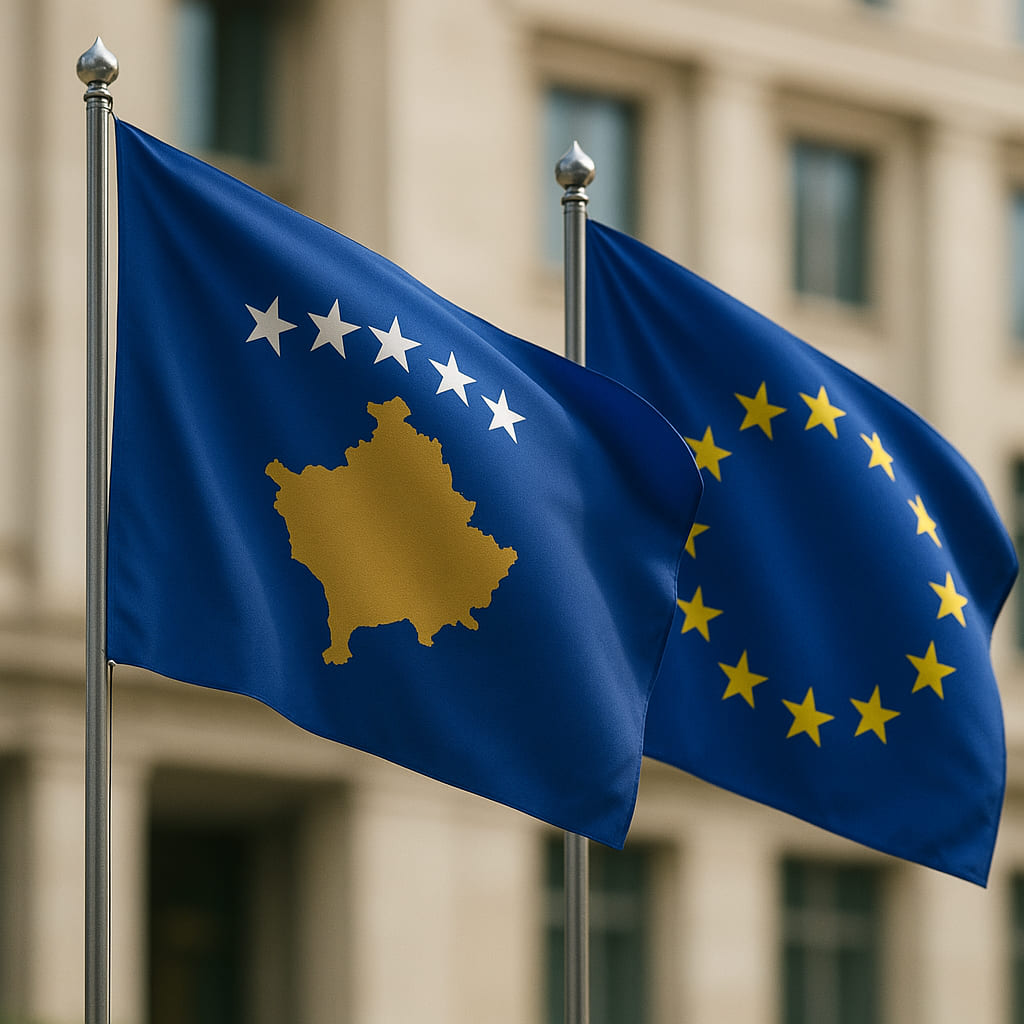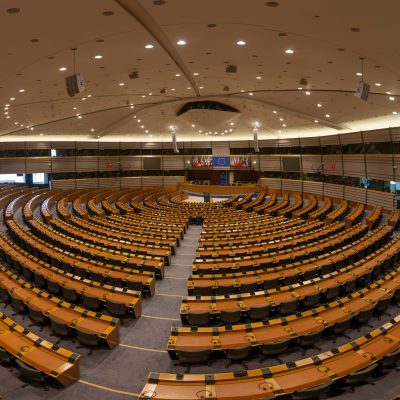Kosovo after 10 December 2007: What’s at stake for the European Union

Is the ghost of the Balkans coming back to haunt us? Will there be a new crisis in the heart of the western Balkans after 10 December 2007? On this date the troika mandated with a last ditch mediation between Serbs and Kosovars turned in its report. The document describes a failure: the positions of the two parties are irreconcilable. Open war in the short term is unlikely, but the blockage threatens the stability of the whole region. The laboriously constructed Dayton and Ohrid settlements will be brought anew into question. This impasse, and the worries it is causing for the near future, are an invitation to fresh thinking. The EU has perhaps not made enough use of its trump card: the difficulty of the two protagonists to imagine their futures outside of the Union.




